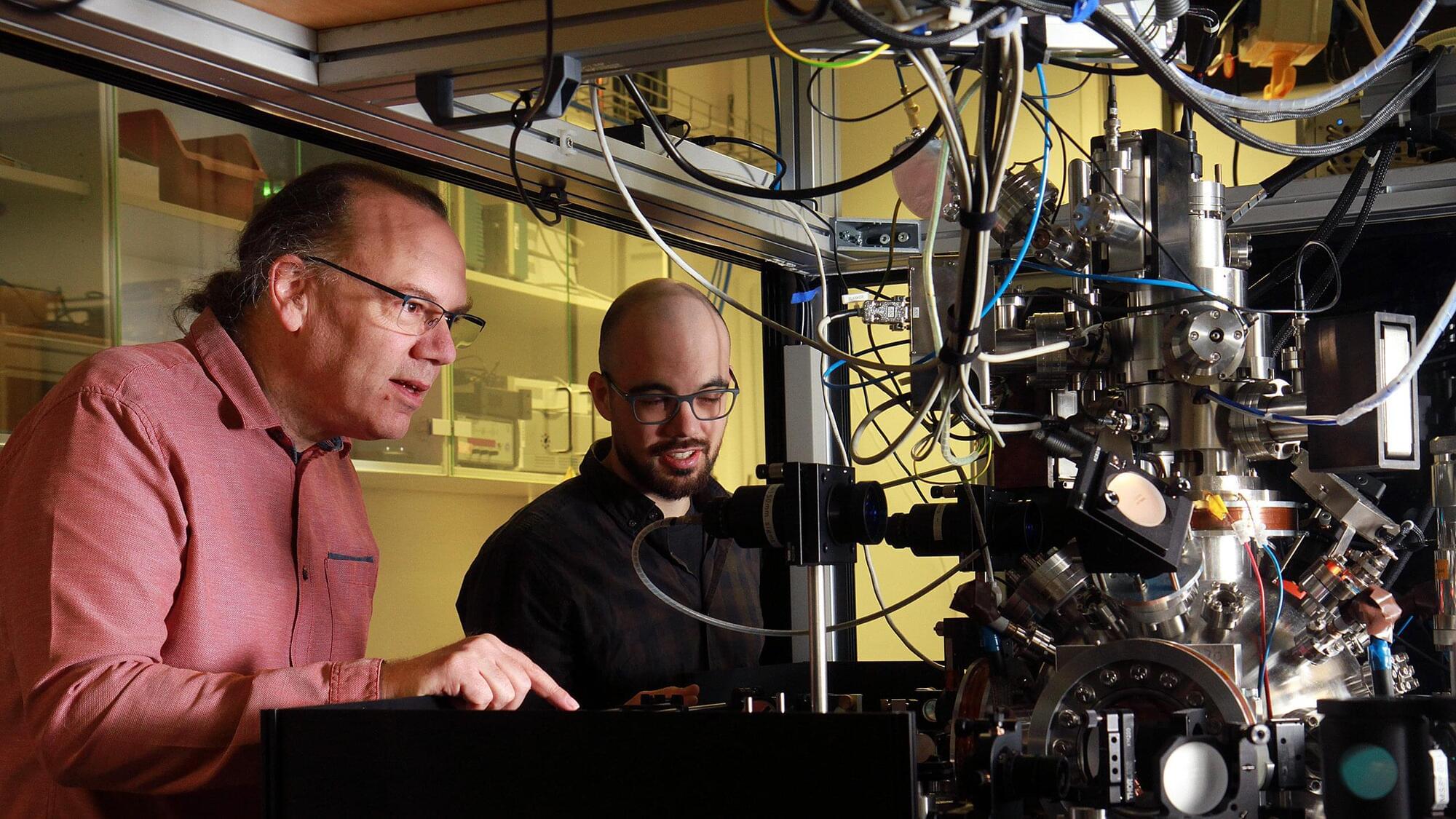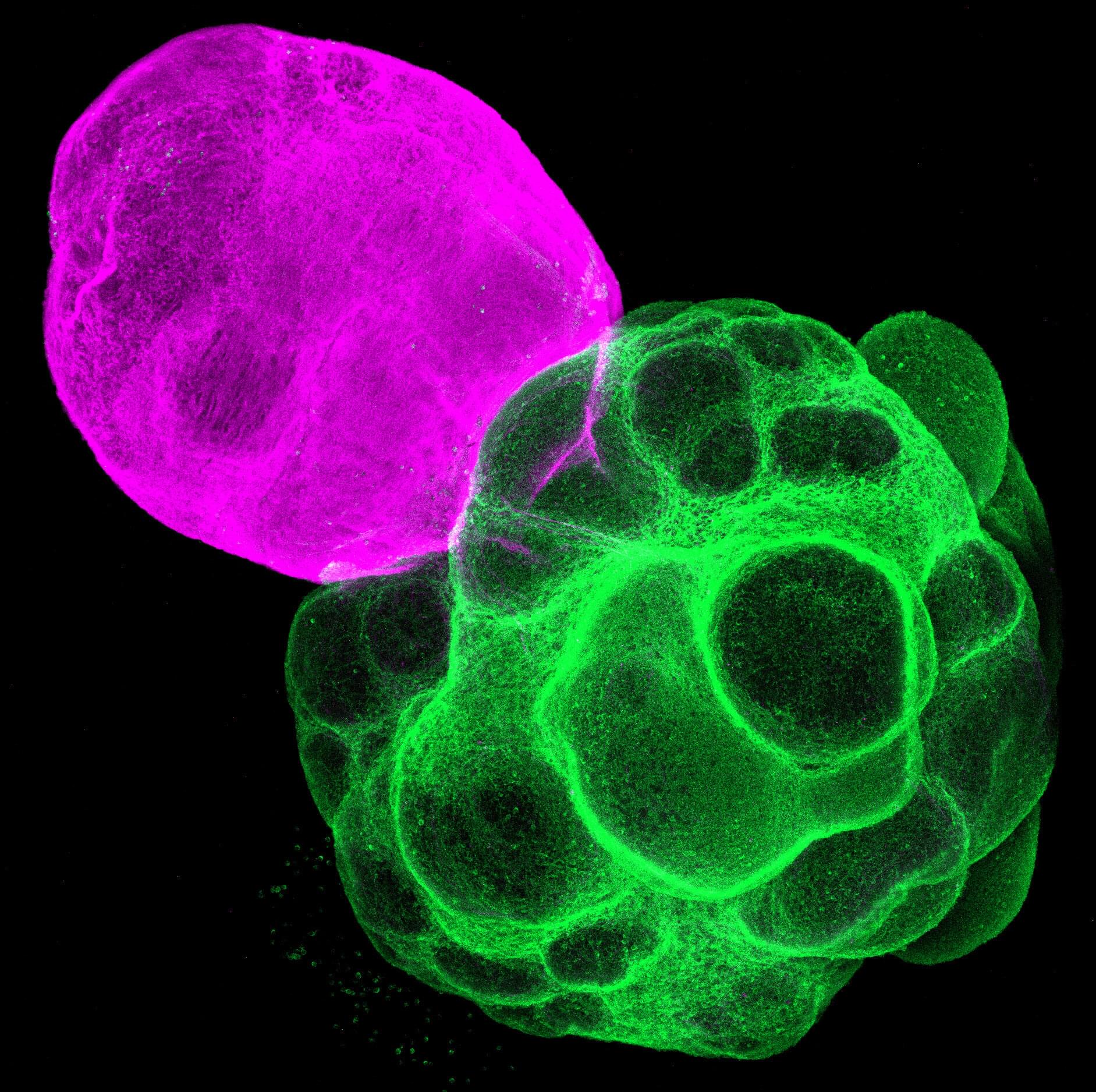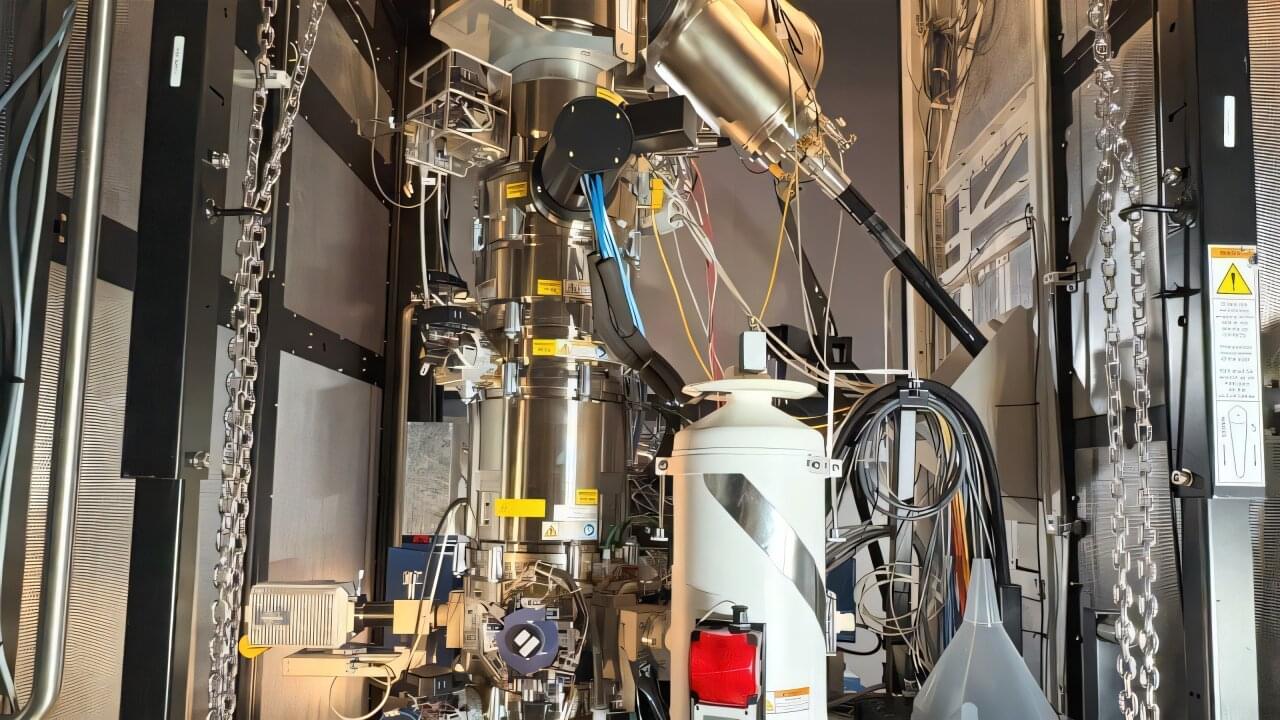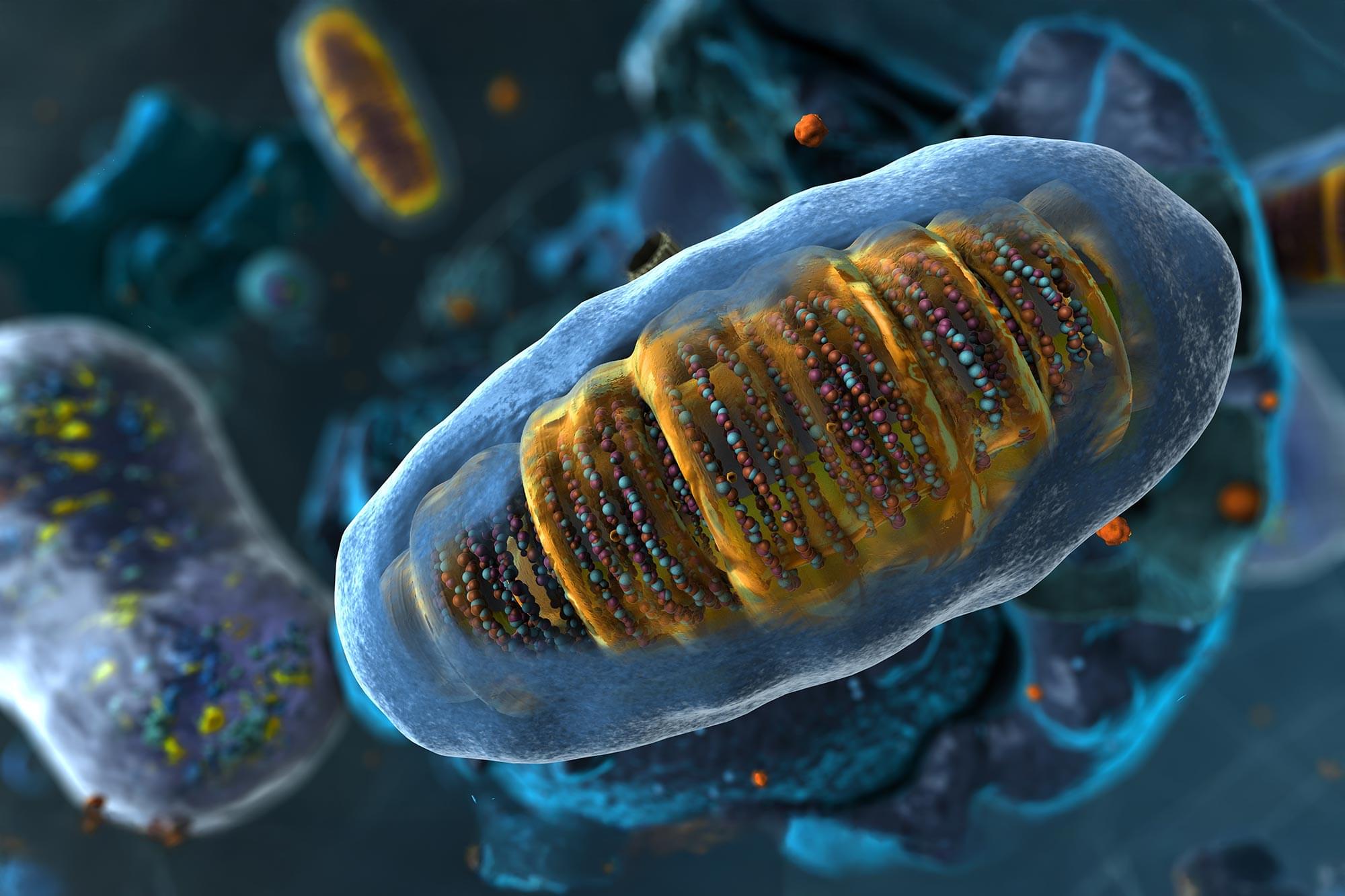People who treat others with compassion often feel more at ease themselves. This is the key finding of a new study by Majlinda Zhuniq, Dr. Friedericke Winter, and Professor Corina Aguilar-Raab from the University of Mannheim. Their study was recently published in the journal Scientific Reports.
While the link between self-compassion and well-being is well established, this effect has hardly been researched with respect to compassion for others. In a meta-analysis, the research team analyzed data from more than 40 individual studies.
The results showed that people who empathize with others, support them, or want to help them report greater overall life satisfaction, experience more joy, and see more meaning in life. On average, these people’s psychological well-being was higher. The link between compassion and a reduction in negative feelings, such as stress or sadness, was weaker. However, slight positive trends could also be seen in this respect.









